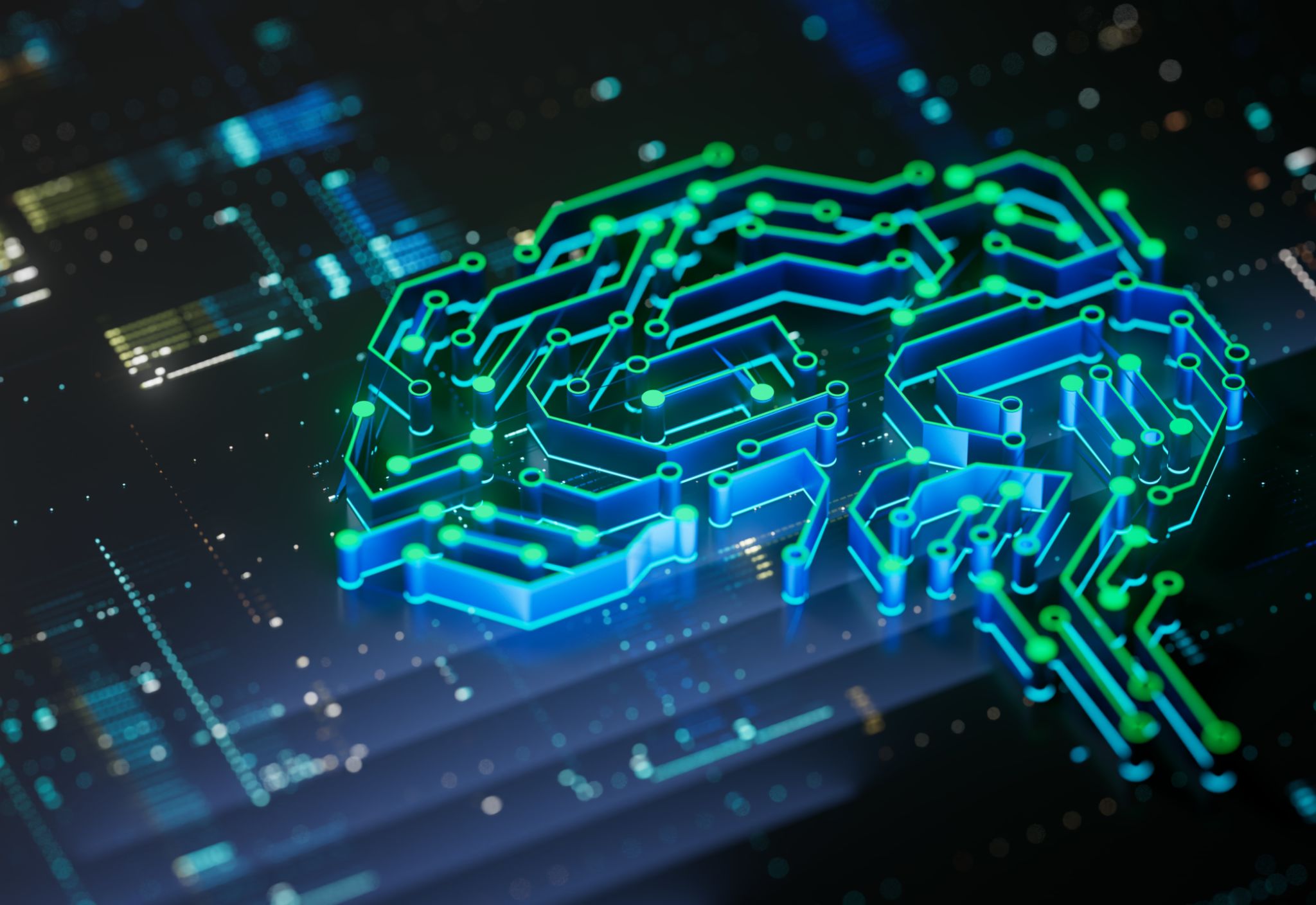Expert Insights: Latest Cybersecurity Trends Impacting UK Enterprises
The Evolving Landscape of Cyber Threats
In recent years, the landscape of cybersecurity threats has evolved dramatically, with UK enterprises facing increasingly sophisticated and diverse risks. Businesses are under constant pressure to adapt their security measures to combat these ever-evolving threats. From phishing attacks to ransomware, the range of potential vulnerabilities is vast, making it crucial for companies to stay informed and proactive in their defense strategies.

One notable trend is the rise of ransomware attacks, which have become more targeted and destructive. Cybercriminals are not only encrypting data but also threatening to release sensitive information unless a ransom is paid. This dual-threat approach has significantly increased the pressure on businesses to enhance their cybersecurity frameworks.
Zero Trust Architecture
The concept of Zero Trust Architecture has gained prominence as a leading cybersecurity strategy. Unlike traditional security models that trust users within the network perimeter, Zero Trust operates on the principle of "never trust, always verify." This approach requires continuous verification of user identities and access permissions, ensuring that threats are mitigated at every potential entry point.
Implementing a Zero Trust model involves several key components, including:
- Multi-factor authentication
- Micro-segmentation of networks
- Real-time monitoring of network traffic

Importance of Cloud Security
With the increasing adoption of cloud services, securing cloud environments has become a top priority for UK enterprises. While cloud solutions offer flexibility and scalability, they also introduce new security challenges. Data breaches and misconfigurations in cloud settings can lead to significant financial losses and reputational damage.
To mitigate these risks, businesses are investing in advanced cloud security solutions that offer features such as encryption, identity management, and automated compliance checks. Collaborating with trusted cloud service providers who prioritize security is also crucial for maintaining robust protection.
Role of Artificial Intelligence in Cybersecurity
Artificial Intelligence (AI) is playing an increasingly vital role in cybersecurity by enhancing threat detection and response capabilities. AI-driven tools can analyze vast amounts of data in real-time, identifying patterns and anomalies that may indicate a cyber threat. This enables faster response times and more accurate identification of potential vulnerabilities.

Moreover, AI can help automate routine security tasks, freeing up valuable resources for more strategic initiatives. As AI technology continues to advance, its integration into cybersecurity strategies will likely expand, providing enterprises with more robust defenses against sophisticated attacks.
Regulatory Compliance and Data Protection
Regulatory compliance remains a critical concern for UK businesses, especially with strict regulations such as GDPR in place. Ensuring compliance not only protects enterprises from legal penalties but also builds trust with customers. Implementing comprehensive data protection measures, conducting regular audits, and investing in employee training are essential steps towards achieving compliance.
As cybersecurity threats continue to evolve, staying informed about the latest trends and innovations is crucial for UK enterprises. By adopting proactive measures and leveraging advanced technologies, businesses can strengthen their defenses and safeguard their digital assets effectively.